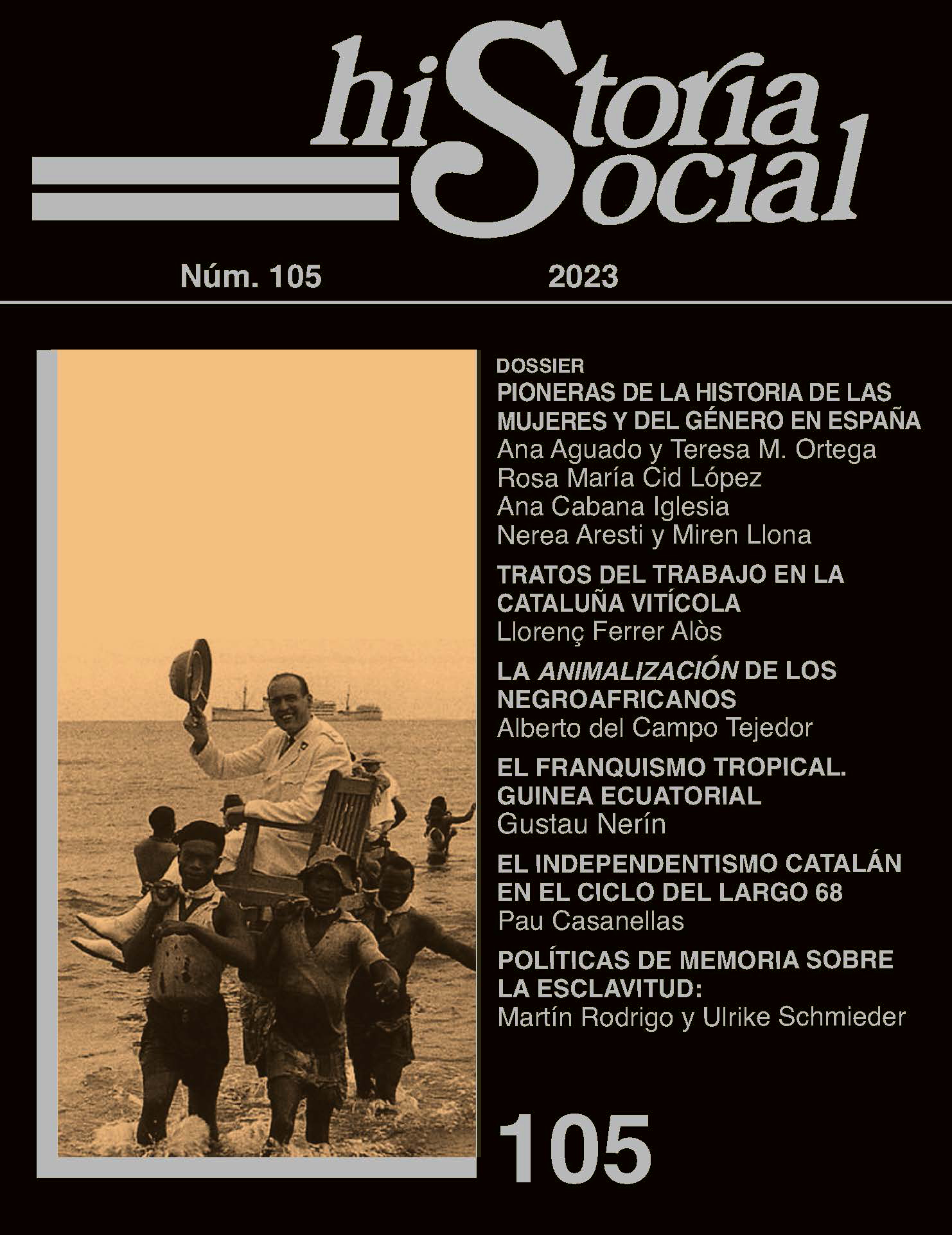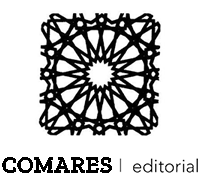Politics of memory and slavery in Spain: Barcelona in comparative perspective.
DOI:
https://doi.org/10.70794/hs.103094Keywords:
Slavery, Europe, Memory, Museums, MonumentsAbstract
In this article we analyze the actions carried out, both from civil society and above all from public institutions, in the field of memory of slavery and the slave trade in Barcelona. We have adopted a comparative approach to contextualise these initiatives in relation to the actions recently carried out in different British and French cities, thus highlighting the scope and, even more so, the limitations of the memory of slavery in the Catalan capital, and insisting that these shortcomings are not exclusive to Barcelona but extend to other Spanish cities as well.







